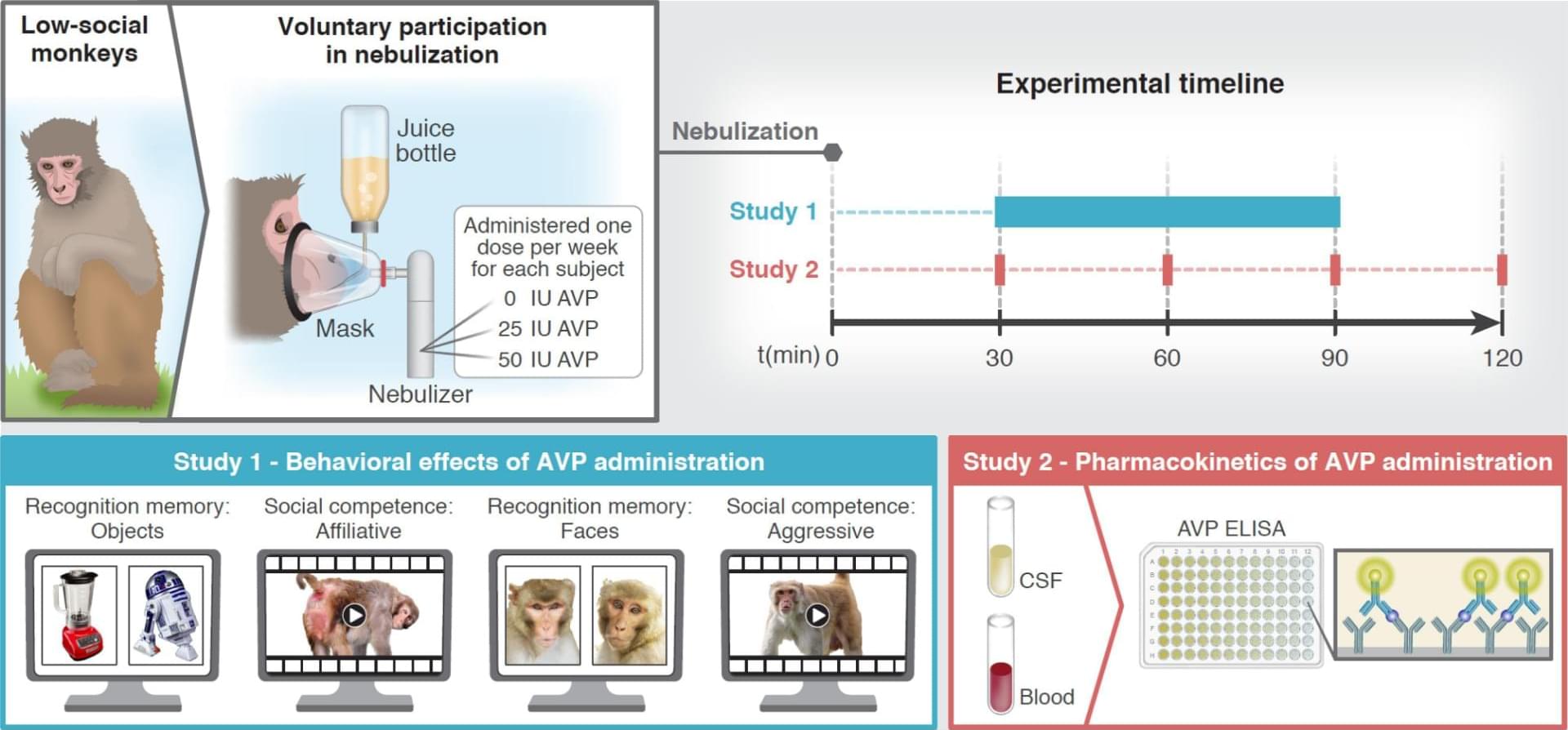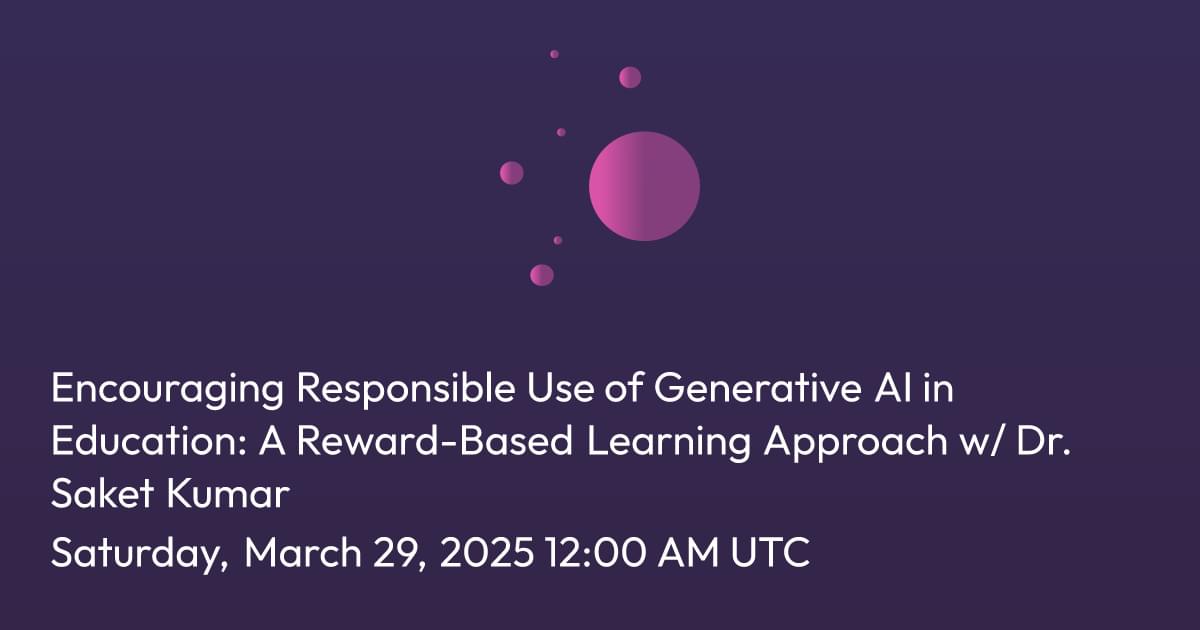Niels Henrik David Bohr was born in Copenhagen on October 7, 1885, as the son of Christian Bohr, Professor of Physiology at Copenhagen University, and his wife Ellen, née Adler. Niels, together with his younger brother Harald (the future Professor in Mathematics), grew up in an atmosphere most favourable to the development of his genius – his father was an eminent physiologist and was largely responsible for awakening his interest in physics while still at school, his mother came from a family distinguished in the field of education.
After matriculation at the Gammelholm Grammar School in 1903, he entered Copenhagen University where he came under the guidance of Professor C. Christiansen, a profoundly original and highly endowed physicist, and took his Master’s degree in Physics in 1909 and his Doctor’s degree in 1911.
While still a student, the announcement by the Academy of Sciences in Copenhagen of a prize to be awarded for the solution of a certain scientific problem, caused him to take up an experimental and theoretical investigation of the surface tension by means of oscillating fluid jets. This work, which he carried out in his father’s laboratory and for which he received the prize offered (a gold medal), was published in the Transactions of the Royal Society, 1908.









